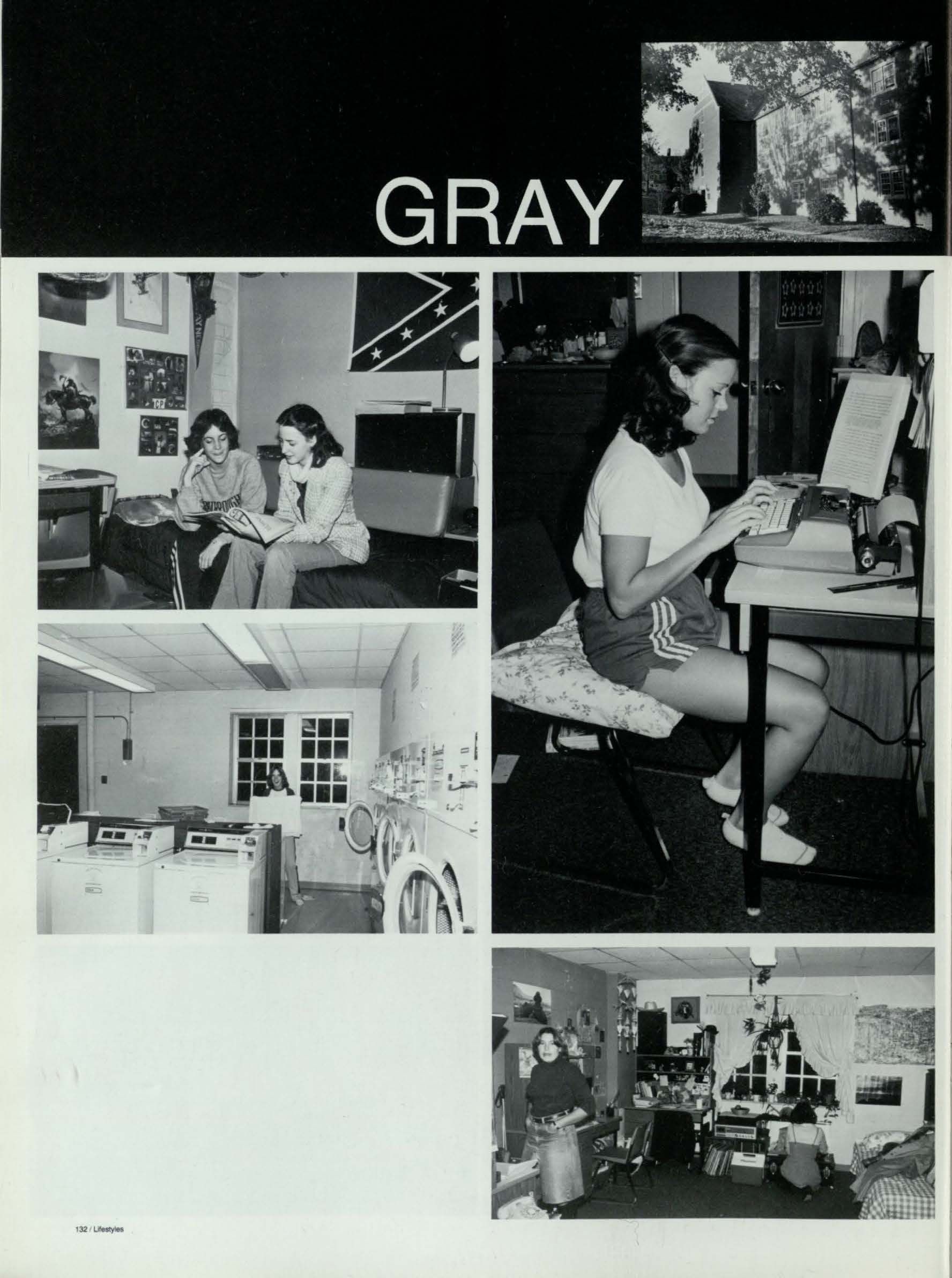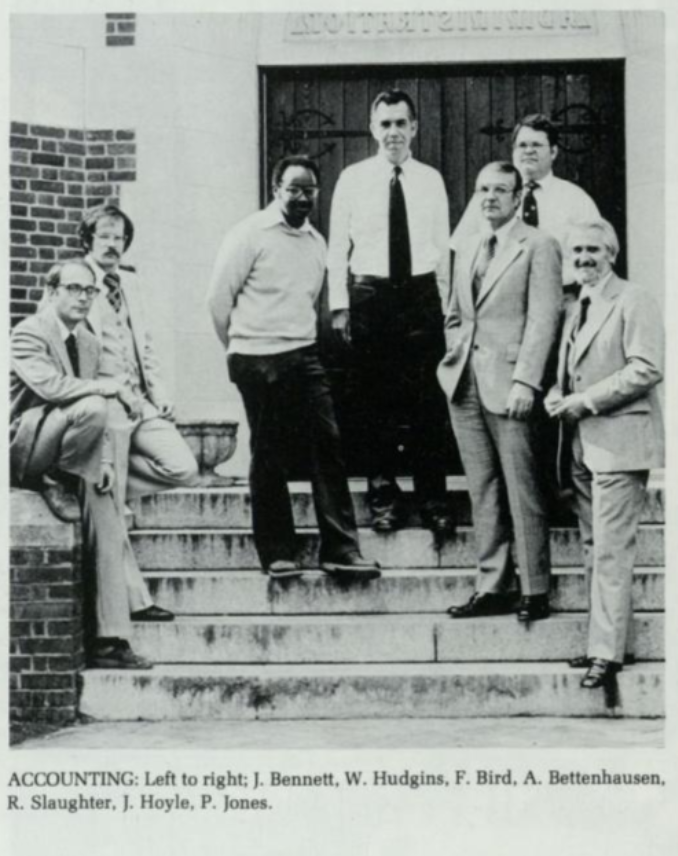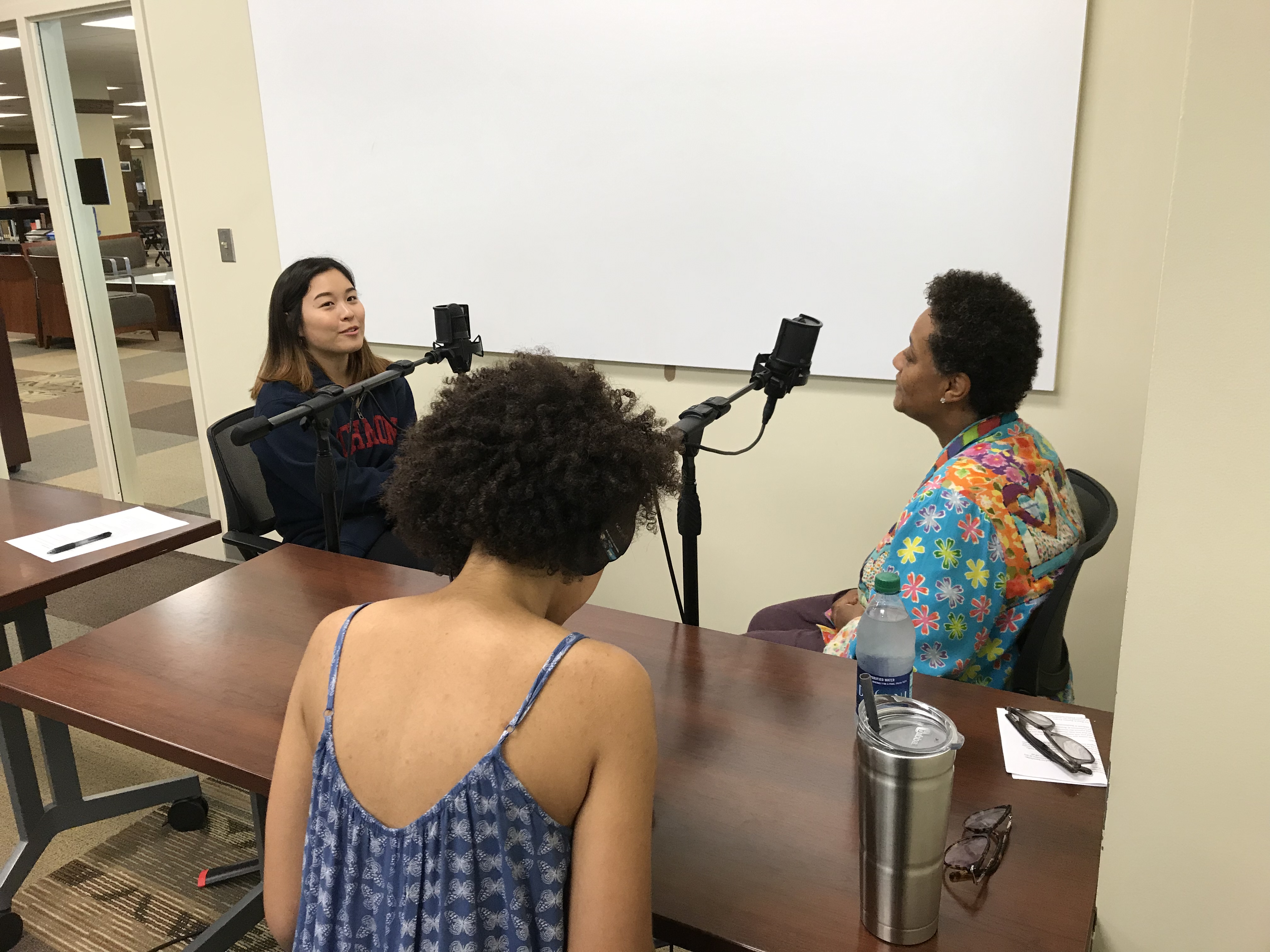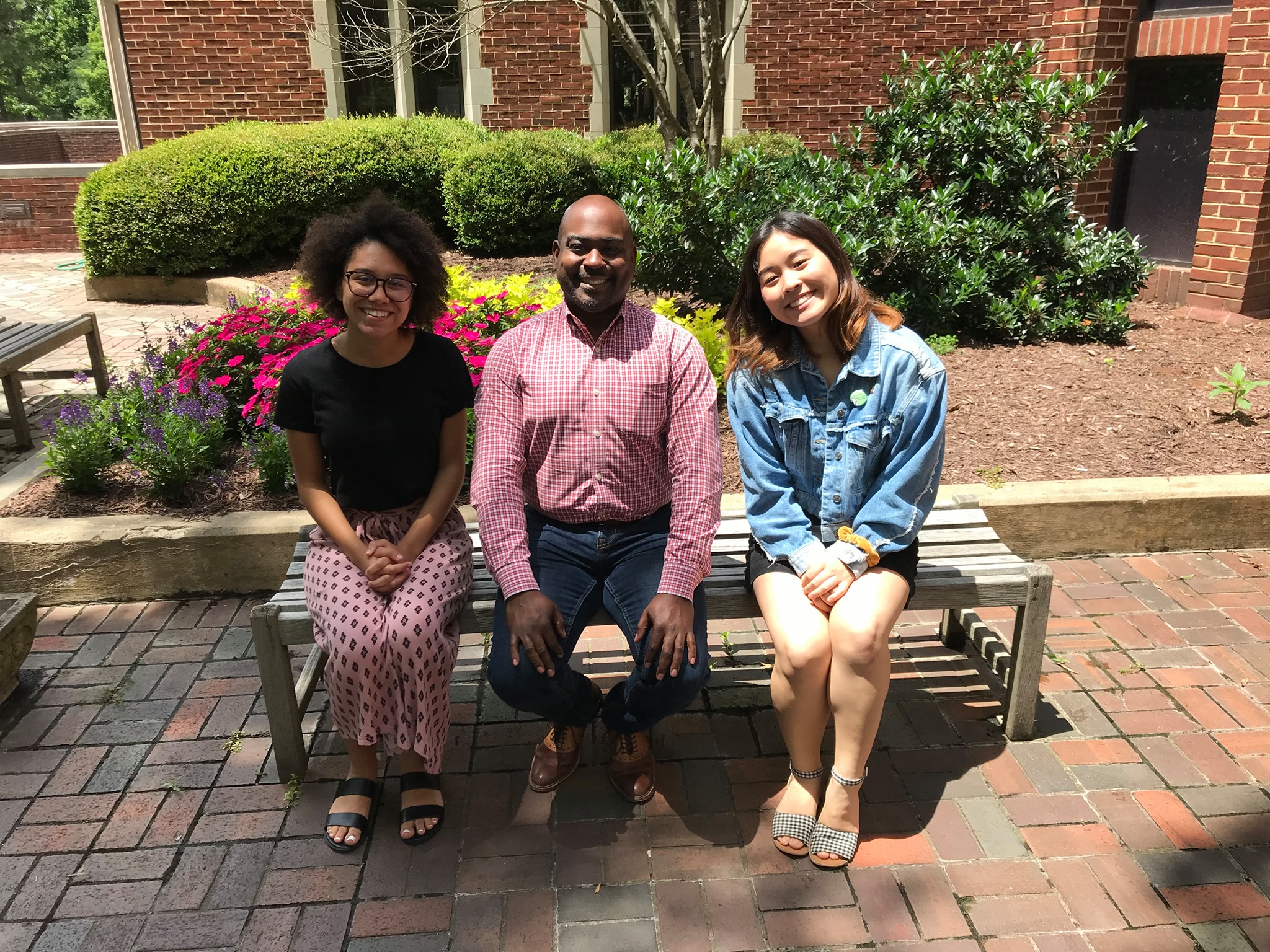by Nathan Burns
Nathan Burns is a junior from Newtown, Pennsylvania double-majoring in French and Leadership Studies and minoring in English. This summer of 2019 marks Nathan’s first time working with the Race & Racism Project. On campus, Nathan is also a writing consultant and a member of the dining services student advisory committee.
For me, the hardest part of my initial research process has been finding the courage to acknowledge my identity in my work. Over the past few weeks of team discussions and metadata creation, I have realized that it is nearly impossible to do archival research and not notice how my identity as a white-passing male and member of the LGBTQ+ community influences my emotional response to any source I encounter. Before my experience with the Race & Racism at UR Project, I was taught to conceal my identity during the research process in an attempt to remain unbiased and neutral toward knowledge. On a positive note, this detachment allowed me to focus on “objective” truth and facts when recounting history. However, in a team meeting a few weeks ago led by Sojourna Cunningham, we discussed the negative consequences that arise from this insistence on historical neutrality. We determined that one of these negative consequences was the erasure of empathy and emotional connection to history. Another was the erasure of marginalized perspectives deemed unnecessary, even threatening, to the upkeep of “neutral” historical narratives that prioritize monocultural whiteness. I reflected after this team discussion that for most of my academic career, I have been trained to hide my own perspective. I have willingly obliged in hiding my identity in order to remain supposedly unbiased toward my dealing with knowledge, yet in doing so, I perpetuate a lie, a lie that I could ever be truly unemotional in my reactions to and presentations of knowledge. While working with the Race and Racism Project, I intend to not simply deal with knowledge, but to feel it. To feel upset, heartbroken, angry, and joyful. It is important to feel connected to the stories and people I read about because this project and this research, as I am beginning to understand, is empathy work in that it requires emotional connection, to feel from the perspective of my own identity.






